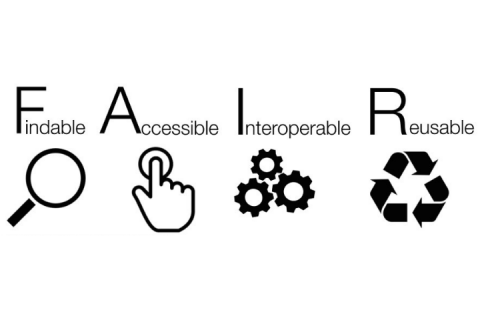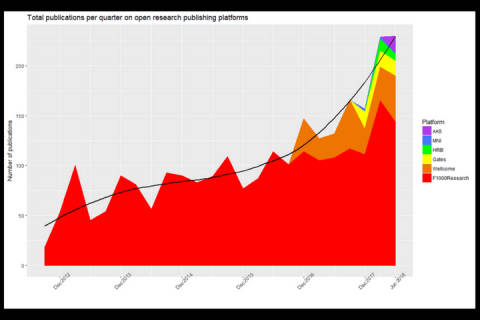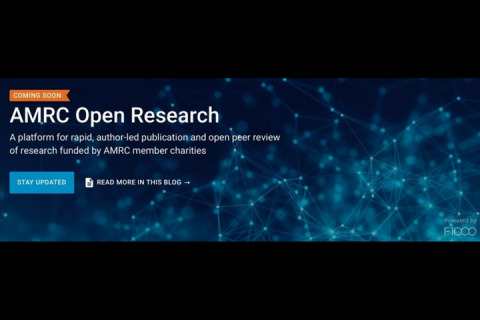In support of International Data Week, Hollydawn Murray introduces our newly overhauled data guidelines. These guidelines have been rolled out across the F1000 platforms including: Wellcome Open Research, Gates Open Research, HRB Open Research, MNI Open Research, and AMRC Open Research.
A method article published on NC3Rs gateway on F1000Research describes the process of making whole brain organotypic slices and explains how this method can be used to reduce and refine the use of animals in Alzheimer’s disease research. In this Q&A, authors Cara Croft and Wendy Noble (CC and WN), and reviewer Claire Durrant (CD), talk about the 3Rs (replacing, reducing and refining); the NC3Rs gateway and their experience of open peer review.
Rebecca Lawrence announces the first open research publishing platform operated by F1000 on behalf of a publisher. By providing F1000’s technology and editorial services to Emerald Publishing and running Emerald Open Research for them, F1000 is taking steps to enable as many authors as possible to publish on an open research platform.
Europe PMC repository will start indexing preprints. In this blog post Rebecca Lawrence, Managing Director at F1000, talks about the growth of preprinting and the value this initiative has for research.
Today, Holly Murray announces the new Python collection. The collection publishes articles describing new Python modules and libraries, as well as applications developed in Python.
The decrease in cost and increase in scale of biological data production and its diverse applications has changed life science research in recent years. Applied bioinformatics skills are now essential to successfully analyse data from high-throughput ‘omics instrumentation in many fields of biology. This has resulted in a need to upskill the life science workforce,…
In our work on the ELIXIR-EXCELERATE task ‘Capacity Building in Genome Assembly and Annotation’, we noticed a need for a document to help researchers get started with genome assembly and genome annotation. It is difficult to compare subjects in bioinformatics, but at least in my mind, genome assembly and genome annotation are among the most…
Late last year, we published the first Stage 1 Registered Report on F1000Research. Publishing Registered Reports is believed to increase the rigor around the scientific method, which supports reproducibility. We interviewed the lead author, Julius Emmrich, Charité, Germany and one of the article’s reviewers, Ádám Dénes, Institute of Experimental Medicine, Hungarian Academy of Sciences, to get an insight into their views on this way of improving experimental design.
Rebecca Lawrence, Managing Director of F1000 announces our partnership with the Association of Medical Research Charities (AMRC) to provide a publication platform for 23 of their UK-based medical research charities.
A couple of our Faculty Members discuss William Kaelin’s opinion article, a piece that highlights the problematic trend that has crept into scientific publication and was F1000Prime’s top recommended article for six months running. They share their thoughts on what could be done to improve the future of scientific research.














